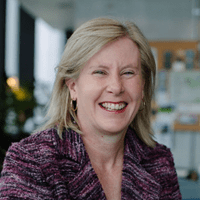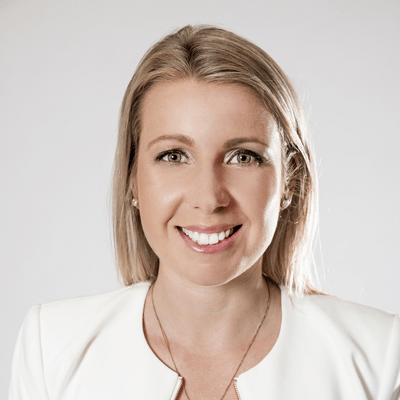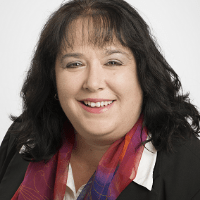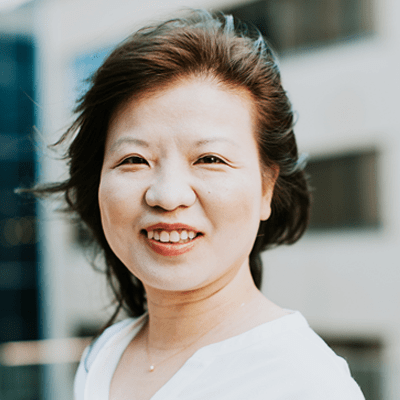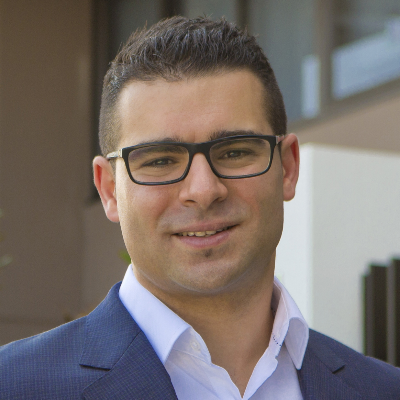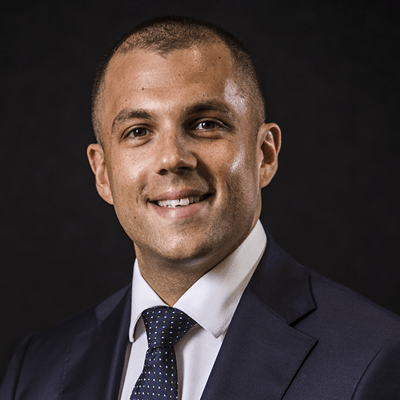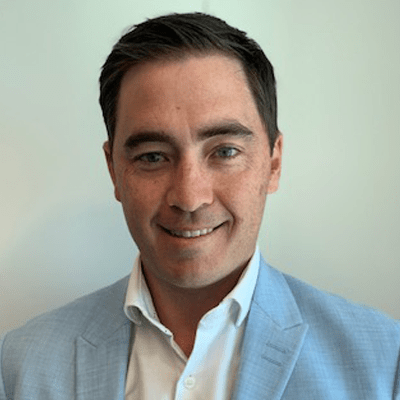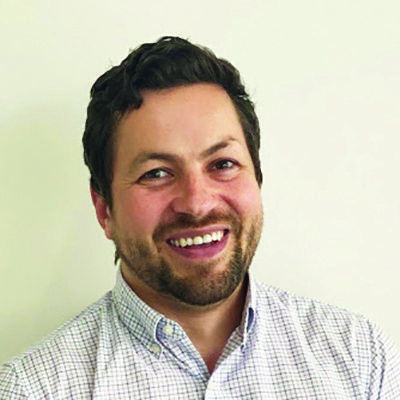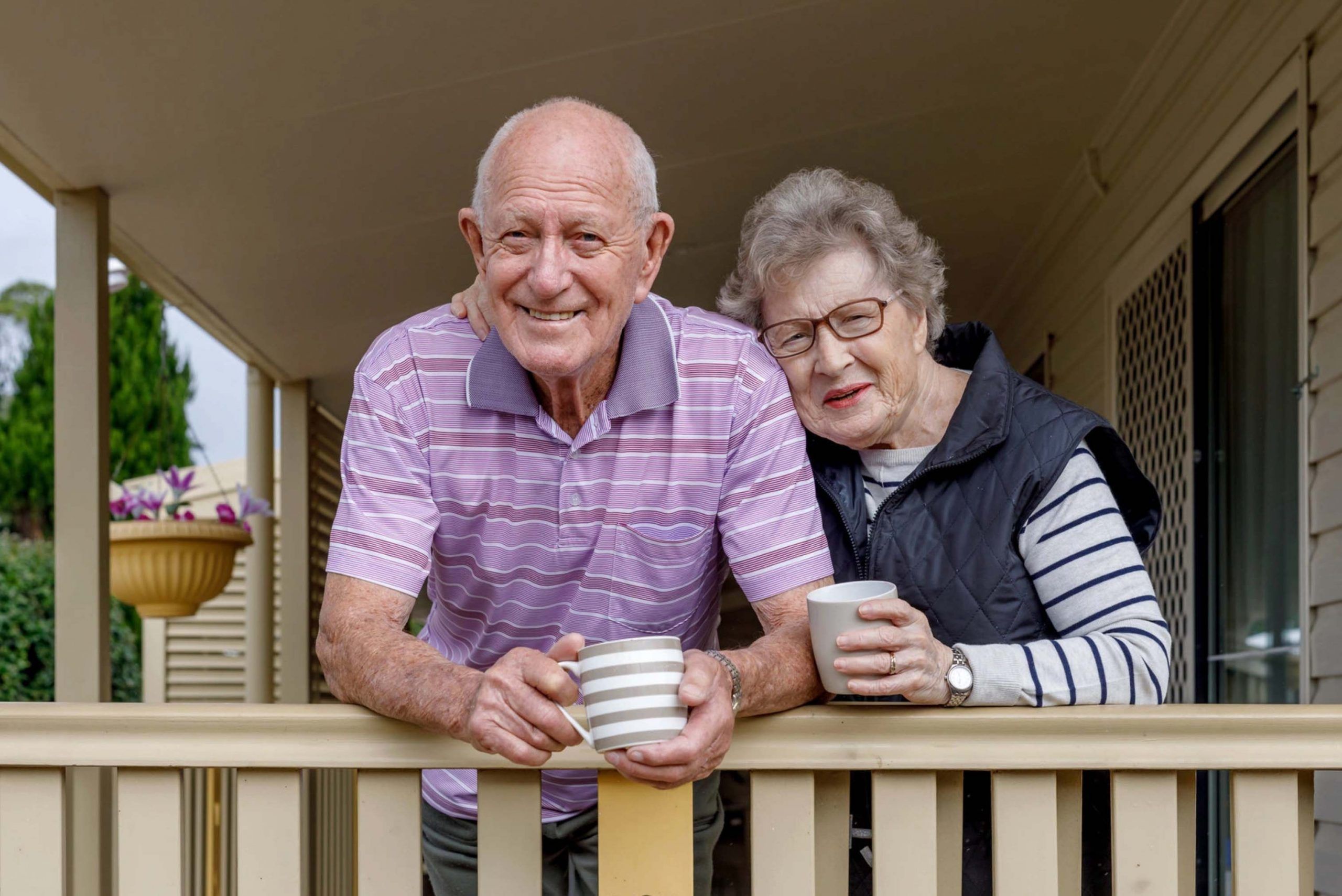
How to have a good relationship with your retirement
Andrew Heaven says his best piece of financial advice is telling people to treat money in the same way they do their life partner or lover.
“To have a healthy and happy relationship with your finances, you need to treat money with respect, and not take it for granted,” says Heaven, an AMP financial planner at WealthPartners Financial Solutions.
“You need to pay money attention, and you need to put time into your finances and understand how you want them to serve you. There are going to be highs and lows as in any relationship, but put in the effort, and it is all worthwhile.”
The analogy is often part of Heaven’s discussions with clients who are trying to plan for retirement.
For many, they are facing the prospect of having less income and a reduced lifestyle in retirement and are having to make choices and determine their priorities.
“When we talk with clients about what retirement looks like, the most common response is that I don’t want my lifestyle to change,” says Heaven.
“But the numbers would suggest that most of these people will be taking a 50 percent haircut in terms of their expectations, so my question is what 50 percent of your lifestyle do you not want into the future?”
According to the ASFA, the peak body for the superannuation industry, a couple will need a combined $640,000 in superannuation to fund a “comfortable” retirement of $62,000 per year (on the assumption the couple owns their own home and has paid off their mortgage).
Andrew Heaven, however, suggests his formula is that for every $50,000 in income you need each year in retirement, it needs to be backed by $1 million in investible assets.
Put another way, for people aiming for an income of $75,000 per year, the superannuation goal should be around $1.5 million.
Part of the difference, he says, comes from the fact that people are living longer and are more active, so will need more in super if they are to fund themselves.
Many people are now facing the prospect of living one third of their lives in retirement.
“For a 65-year-old with a life expectancy of 85, those ASFA estimates might be enough and you would run down your savings,” he said.
“But when I talk to 83-year-olds they are planning on living for much longer.”
In advising clients, Heaven says one of the issues which can create problems later on is “excessive expenditure” in the early stage of retirement.
In this phase, new retirees will often upgrade assets such as cars, take long trips to bucket list destinations and also give money to children to help them buy into the property market.
“It’s hard to argue against some of this but it does come with consequences,” says Heaven.
Rather than give $100,000 to an adult child to help them buy a property, a better idea – in terms of preserving retirement income – is to give them the proceeds of investing that $100,000.
“Once that money is gone from the retirement pool, it has gone,” he says.
Another misconception is that low superannuation balances can be rectified through downsizing the family home, but it is not always this simple or possible.
“You need to remember that even when you are downsizing, the transaction costs are horrendous and can be an estimated 8 percent of future value,” says Heaven.
It is not all doom and gloom however, and many people are able to plan comfortable retirements, even while making lifestyle tradeoffs.
A first point in understanding these tradeoffs is full transparency around spending, and this often comes as a major surprise.
“The first exercise I give my clients is to go back over your bank statements and work out where your money goes,” says Heaven.
While this is perhaps the hardest thing to do in terms of retirement planning, it is a much-needed reality check and can help identify priority areas and potential areas for cutbacks.
It helps clients understand their spending habits, and challenges them to assess how their expectations of retirement compare with current spending.
“You have to take personal responsibility for where you spend your money,” he says.
“You want to avoid the boiled rice and tomato sauce syndrome where you go from eating out four nights a week to then saying you are not going to do it for a month, and then feeling miserable.”
One thing he doesn’t advise is for people to stop their private health insurance.
He said that for 50-year-old males, hospital costs were at $2300 per year, but this increased to $5200 for 65 year olds and $11,000 for men aged 80.
“Most retirees can’t afford to not have private health insurance,” says Heaven.
“Of course, there is an outstanding public health system in Australia, but you want to enjoy retirement, and if you are on a waiting list for a knee replacement the quality of your life is diminished. People are trying to cut costs, but the evidence is clear that the thing you should not be getting rid of as you get older is private medical insurance.”

